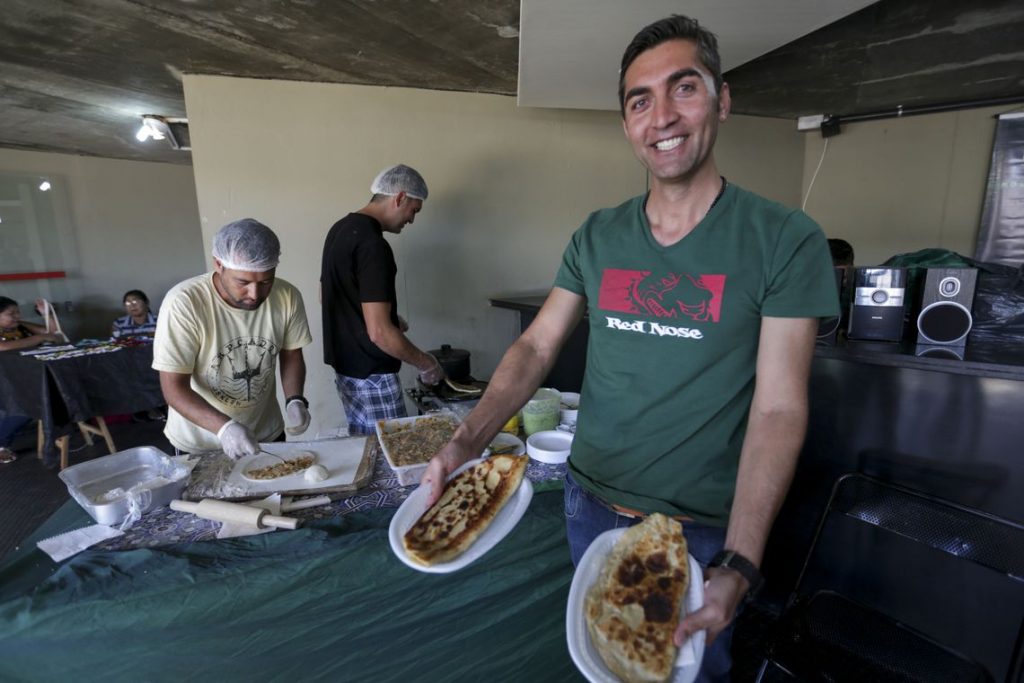São Paulo – Over a fifth (22%) of refugees in Brazil are involved in entrepreneurial activities, and the vast majority (79.3%) are willing to become entrepreneurs. The information is from the study “Socio-Economic Profile of Refugees in Brazil,” by the United Nations High Commissioner for Refugees (UNHCR) and scholars affiliated with the Sérgio Vieira de Melo Chair, which works to ensure refugee access to rights and services in Brazil. The Chair operates with active involvement from Brazilian universities.
The study made public this Thursday (30) by the UNHCR comprised 487 interviews in 14 cities across eight states. Over half of the respondents (55.32%) are originally from Syria and the Democratic Republic of the Congo. Alongside Angolans and Colombians, they make up 71% of the Brazilian refugee population. Venezuelans were not polled. According to the study, 57.5% of respondents are working, 19.5% are looking for work, 8.62% are going to school, 5.7% are idle (neither working nor seeking work), 5.3% are housekeepers and 0.6% are retired or pensioners.
Some of the respondents involved in labor are even creating jobs – 20 out of 280 employ one or more workers. “Most are retailers with brick-and-mortar addresses, whether it be real estate for commercial purposes or at their own households, as is the case with people who cook food to sell,” the study reads.
Those 20 employers plus the 107 self-employed respondents make up the 22% involved in entrepreneurship. “That figure shows entrepreneurship isn’t just a dream, it’s a reality,” the study argues. By also factoring in those who are eager to become entrepreneurs, one realizes the strong potential for entrepreneurship among refugees in Brazil.
But many of those who run businesses or are self-employed are not plying their own trade, i.e. they do not utilize their own professional skills. This, according to the study, reveals the socioeconomic challenge facing refugees and immigrants. One of the reasons is that in order to get employment in their original fields of work, they need to get their diplomas validated, and this is proving to be tricky – 68.2% of respondents are in this situation.
Respondents have higher educational levels than the Brazilian population’s average, as well as high language-speaking abilities. Many have postgraduate degrees, and 34.4% have completed a higher education. Only 0.6% are illiterate. Only 14 respondents have been able to revalidate their diplomas, while 133 failed; 92% of them speak Portuguese.
Out of 395 respondents who stated their household income, 79.5% survive on less than BRL 3,000. The majority (91%) said they have Brazilian friends, and 80% would like to vote in the elections. Forty-one percent said they have experienced prejudice of some sort. Almost all of them hope to get Brazilian citizenship, and 84% intend to stay in Brazil for good.
“All of the indicators covered show that despite work-related difficulties, with diploma revalidation issues and incomes or wages deemed insufficient, refugees believe in their ability to adapt and climb the social ladder in Brazil. The country presents itself as a difficult, but definitive choice for the refugee population,” the study reads.
Translated by Gabriel Pomerancblum




